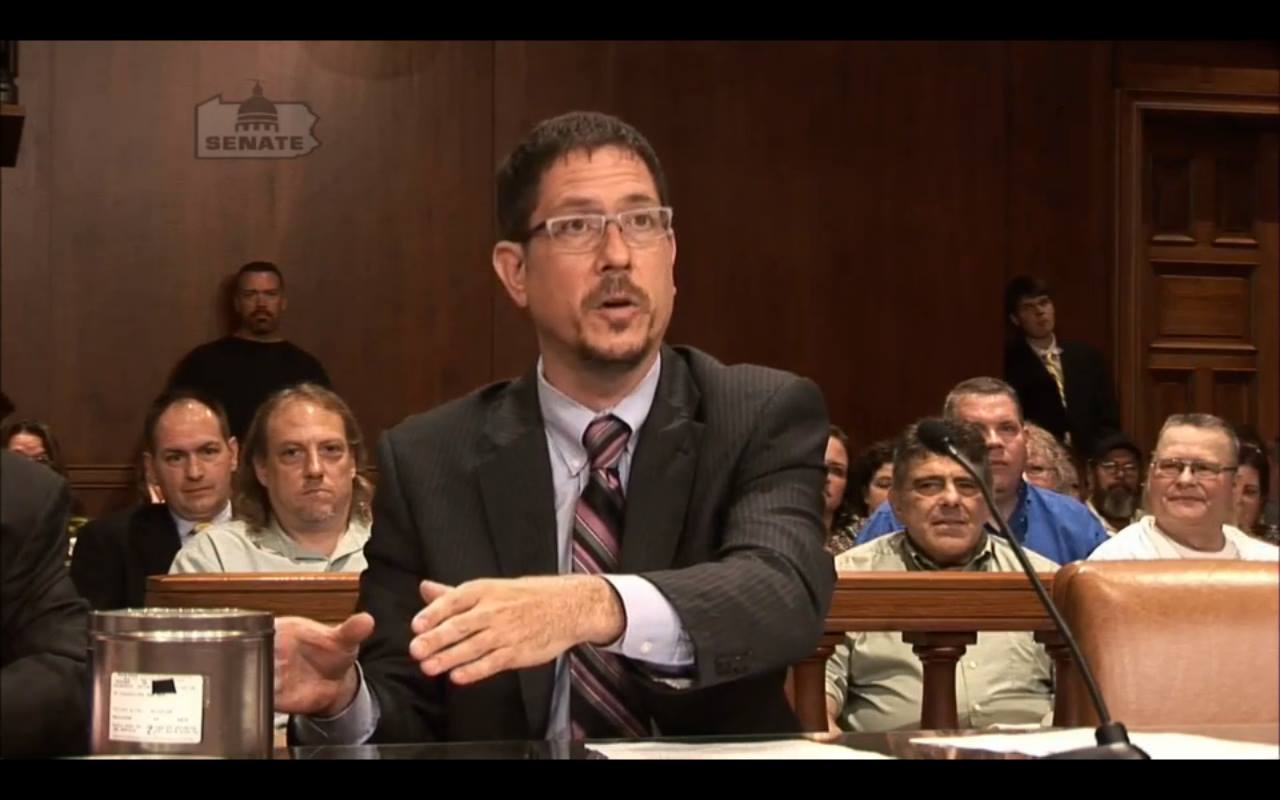Navigating the Intricacies of Federal Appeals: A Comprehensive Overview
In the realm of government charms, the complex internet of legal procedures and nuances can frequently show to be a labyrinthine obstacle for even the most skilled legal specialists. As we begin on this journey through the intricacies of government appeals, it becomes apparent that a thorough guide is not just a valuable resource but a necessary compass in navigating the complex surface of appellate advocacy.
Federal Appeals Refine Introduction

The federal charms procedure normally begins with the declaring of a notice of allure within a specified duration complying with the access of the lower court's judgment. The appellant, or the celebration seeking the appeal, sends a quick detailing the legal mistakes they think occurred. The appellee, or the opposing celebration, then responds with their very own brief, presenting counterarguments to promote the reduced court's choice. Ultimately, the appellate court will certainly issue a written viewpoint either attesting, reversing, or remanding the lower court's decision.
Recognizing Appellate Territory
Appellate territory describes the authority of an appellate court to assess and choose on instances that have been appealed from reduced courts. This jurisdiction is restricted to evaluating errors of legislation, not re-trying the facts of the case. Understanding appellate territory is essential for both lawyers and plaintiffs browsing the government allures procedure.
Federal appellate courts have jurisdiction over certain kinds of instances, such as those involving federal legislations, constitutional issues, or conflicts between parties from different states. It is essential to note that appellate courts do not listen to every appeal; they have the discernment to select which instances to accept based on their requirements.
When appealing a decision to a government appellate court, it is important to recognize the range of the court's jurisdiction. Recognizing the restrictions of appellate jurisdiction can assist attorneys craft more efficient debates and increase the possibilities of a successful allure (federal crime attorney). In addition, parties must understand the step-by-step rules and due dates that control the appellate procedure to avoid prospective risks
Crafting Persuasive Appeals Briefs
Creating an engaging appeals brief demands a tactical combination of lawful proficiency and convincing interaction abilities. An efficient appeals short is not just a recitation of truths and lawful arguments yet a very carefully crafted paper designed to encourage the appellate court of the qualities of your case. To attain this, it is critical to begin with a succinct and clear declaration of the legal concerns at hand, followed by a detailed analysis of the appropriate situation legislation and laws.
Crafting convincing appeals briefs additionally calls for a keen understanding of the criterion of testimonial relevant to every issue raised on appeal - federal appeal attorneys. Customizing your debates to the appropriate criterion can substantially enhance the possibility of success. Furthermore, structuring your short in a sensible and orderly way, with headings and subheadings that direct the reader with your disagreements, can make a significant difference in exactly how your short is obtained. Remember, the objective of a charms quick is not simply to offer your side of the tale however to persuade the appellate court that the lower court erred in its decision and that your client is entitled to relief.
Oral Debates and Court Decorum
Navigating the ins and outs of oral arguments and court decorum requires a nuanced understanding of lawful etiquette and efficient communication methods. When providing oral debates in federal appeals court, attorneys should stick to stringent policies of conduct.
Reliable communication during oral debates is important for sharing your position persuasively. Attorneys need to be prepared to react to courts' inquiries thoughtfully and briefly, focusing on essential legal arguments (federal appeal attorneys). It is vital to remain made up and verbalize, also under pressure. Furthermore, keeping eye get in touch with, talking clearly, and organizing disagreements rationally can boost your discussion.
Court room etiquette and efficient communication skills can dramatically impact the end result of appellate instances. By grasping these elements, lawyers can navigate oral arguments with confidence and expertise, enhancing their possibilities of success in federal appeals court.
Techniques for Success on Charm
Crafting a tactical and compelling technique is crucial for making the most of the chances of success in government allures court. One vital strategy is to thoroughly analyze the trial court document to recognize prospective errors that might develop the basis of a successful appeal.

In addition, when composing appellate briefs, sticking to court guidelines and standards is critical. Guaranteeing correct formatting, exact citations, and a convincing useful content creating style can assist grab the interest of the appellate courts and enhance your placement. By utilizing these approaches, litigants can improve their leads of success in federal charms court.
Verdict
Finally, mastering the complexities of government allures requires a complete understanding of appellate jurisdiction, the ability to craft convincing allures briefs, and understanding of reliable dental argument methods. By browsing the intricacies of the government allures process with precision and ability, one can increase their chances of success on allure. It is important to have a calculated strategy and be conscious of court etiquette in order to achieve a desirable end result in federal appellate courts.
